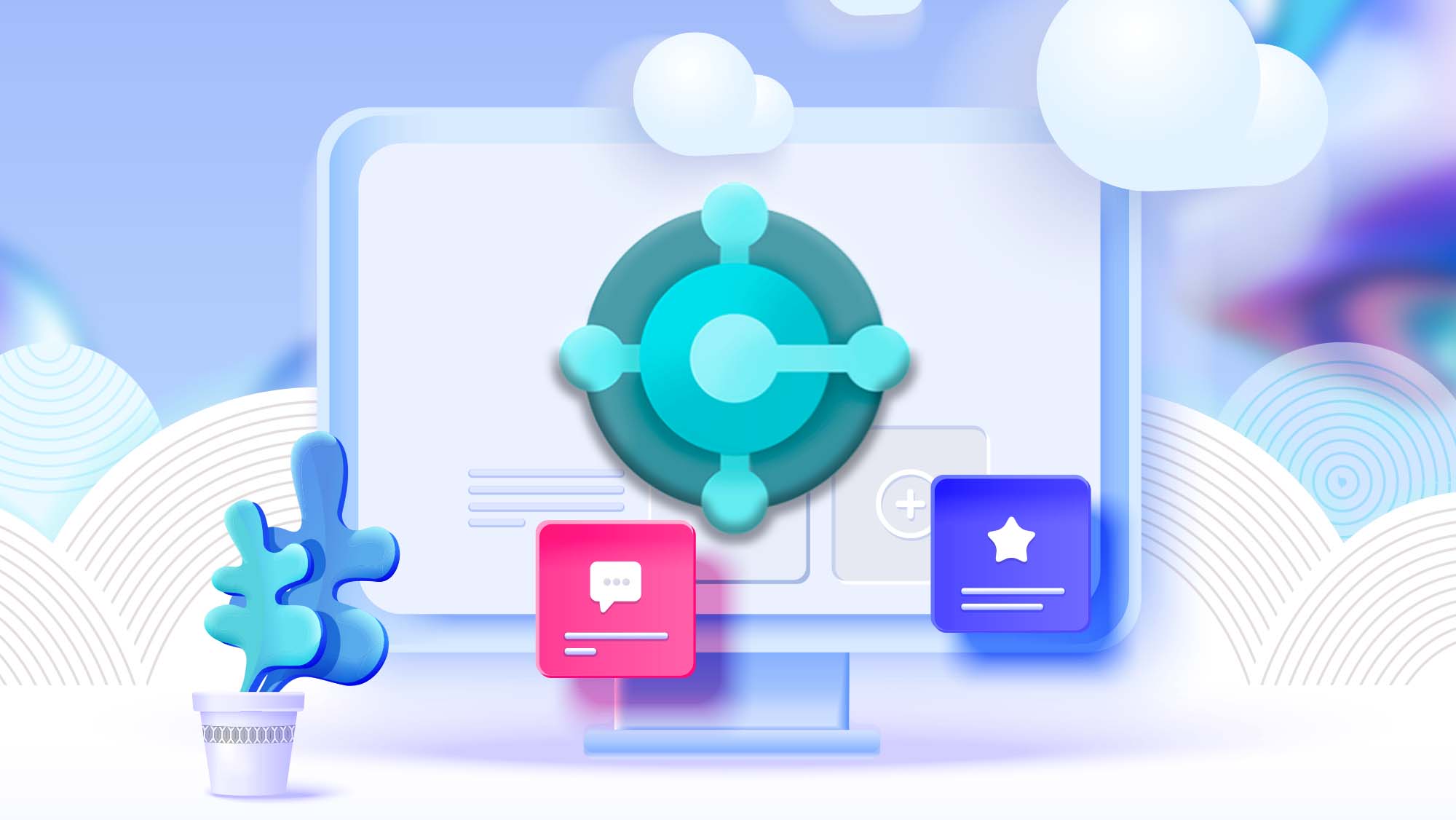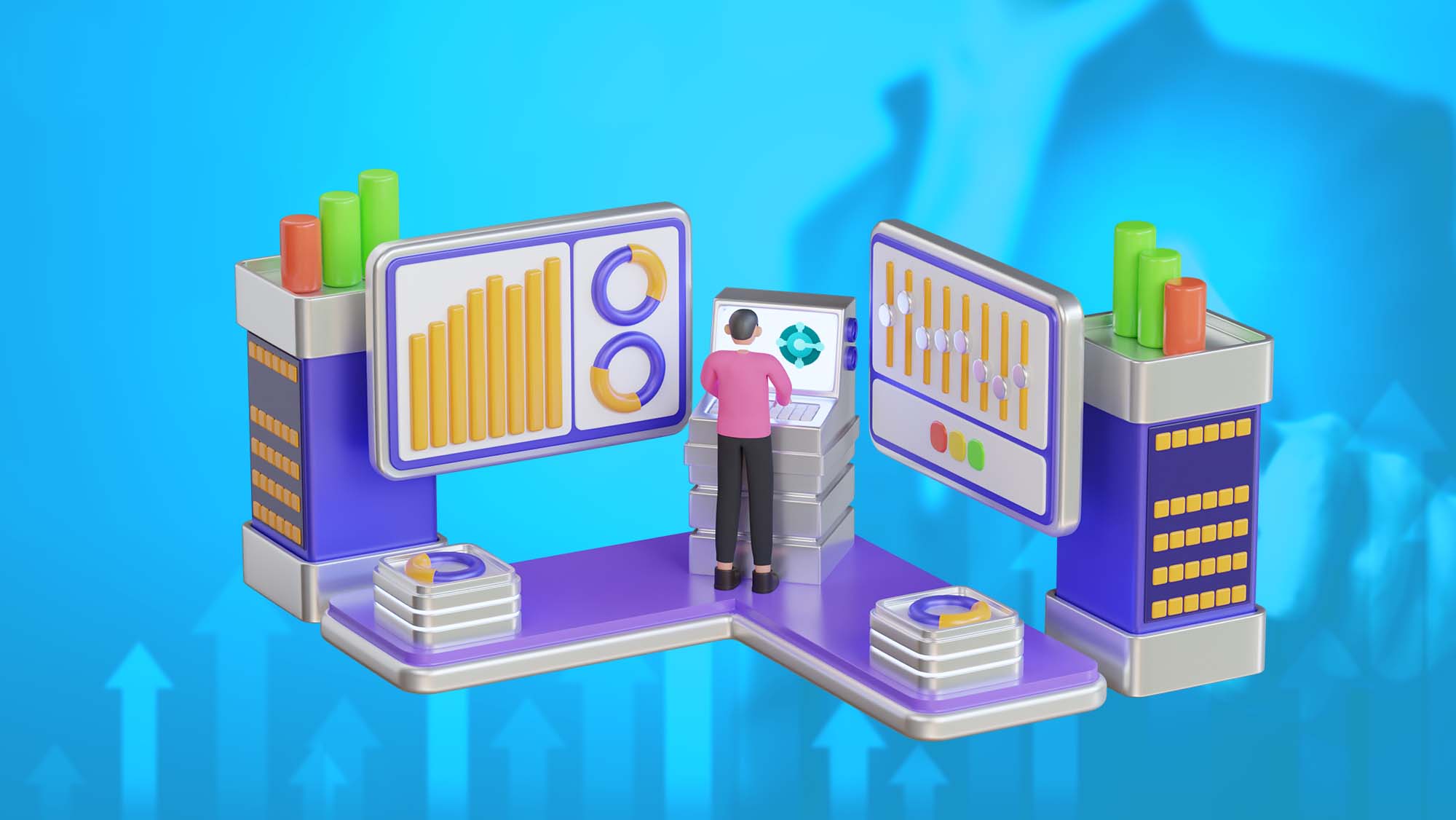Table of Content
Have your business operations outgrown the basic accounting tools and spreadsheets that once got you started? Is it difficult for you to get real-time customer insights at the correct time to create a personalised customer journey? These are common challenges. Many businesses in this situation turn to enterprise resource planning (ERP) and customer relationship management (CRM) systems to boost their efficiency.
If you are also stuck with the manual processes of running your business, moving to a cutting-edge ERP and CRM might be the solution you need to tap into its inherent benefits. So, if you are considering making this switch, you are likely weighing options from top solution providers. Two names that often come up are NetSuite and Microsoft Dynamics 365. Both have a long-standing presence in the ERP and CRM market and offer comprehensive features for businesses in various industries.
Both provide a unified source of data across your company and automate processes, saving you time and money. But the question which one is more suitable for your business? Therefore, finding out the key differences between these systems is essential
Are you interested in a detailed comparison? We will dive into system architecture, capabilities, customisations, integrations, support and implementation strategy. This information will guide you in choosing the best solution for your business.
Brief Overview of Microsoft Dynamics 365
Microsoft Dynamics 365 is a suite of intelligent business applications integrating both ERP (Enterprise Resource Planning) and CRM (Customer Relationship Management) designed to enhance operational efficiency and deliver exceptional customer experiences. It empowers businesses to be agile and minimise complexity without incurring additional costs.
Dynamics 365 combines the strengths of both ERP and CRM to support diverse business functions. Connecting the back office to the frontline, it bridges sales and services, supply chain and finance with integrated business applications, enabling businesses to reach more customers, create impacts faster and advance in sync with the pace of change.
By breaking down barriers and unifying data across the organisation, it connects people with real-time insights, ensuring every decision and action aligns with the business’s vision. With advanced technologies such as IoT, analytics and mixed reality, Dynamics 365 empowers businesses to adapt swiftly and respond to change effectively.
Microsoft Dynamics 365 provides different modules to target various business needs. Its ERP modules include Business Central, Finance and Operations (F&O), Supply Chain, Commerce, Human Resources and Project Operation, and CRM modules include Sales, Customer Service, Customer Insights and Field Service. Here are some key ones:
- Business Central:A comprehensive ERP solution crafted to adapt to varying small and mid-sized business demands and enhance overall business efficiency.
- Sales: Handles the management of leads, opportunities, and customer engagements throughout the entire sales cycle.
- Customer Service: Enhances efficiency in customer support, case management and handling service requests.
- Improves field operations:scheduling and resource management to better support service technicians.
- Customer Insights (Previously Marketing): Empowers targeted marketing campaigns, fosters lead nurturing and provides analytics capabilities.
- Finance and Supply Chain : Encompasses financial management, supply chain, manufacturing and project management processes.
- Human Resources: Handles employee data management, payroll, benefits administration and talent acquisition processes. Commerce: Facilitates e-commerce, point-of-sale transactions and omnichannel retail operations.
- Project Operations: Streamlines project planning, resource allocation and tracking processes and financial aspects related to projects.
- Financial Management : Comprehensive tools for the general ledger, accounts payable/receivable, fixed assets and project accounting.
- Supply Chain Management: Strong supply chain and inventory management capabilities, including procurement, production, warehouse management and distribution.
- Human Resources : Functions include payroll, employee benefits, performance management, and recruitment.
- Manufacturing: Advanced features such as planning, scheduling, production control, and quality management empower manufacturing management.
- Project Management: Various cutting-edge tools, including project planning, resource management, time tracking and expense management constitute a project management solution.
- Sales: Include sales force automation, opportunity management, lead and pipeline tracking and sales forecasting.
- Customer Service: Include case management, service scheduling, knowledge bases and self-service portals.
- Field Service: Include scheduling and dispatching, resource management, work order management and mobile capabilities.
- Customer Insights/Marketing: Create engaging experiences by uniting customer data with real-time journeys and Copilot, delivering connected customer journeys and truly personalised experiences.
- Supply Chain Management: Inventory, orders, procurement, production and demand planning are all managed efficiently in the supply chain.
- Human Resources: Core HR functions include personnel data, payroll, performance management,and workforce analytics.
- Manufacturing: Complete solutions for bill of materials, production scheduling, work order administration and shop floor control.
- Project Management: Encompasses project accounting, resource management, project billing, and time and expenditure tracking.
- Sales: Lead and opportunity management, sales forecasting, order management and incentive compensation.
- Customer Service: Include case management, support, and a self-service customer portal.
- Marketing: Include marketing, automation, campaign management, email marketing and customer segmentation.
- E-commerce Integration: The seamless integration of e-commerce capabilities into online and offline customer interactions.
- Customer Analytics: Built-in analytics and reporting to increase customer interactions and sales performance
A Brief Overview of NetSuite
NetSuite is a software company renowned for its cloud-based business management platform utilised by rapidly expanding organisations worldwide. This platform encompasses a suite of applications designed to aid companies in running their operations, comprehending business performance and achieving significant efficiency improvements and cost reductions.
Its ERP solutions handle fundamental functions such as finance and accounting, inventory management, orders and procurement. Additionally, customers have the option to incorporate modules like CRM for sales, service and marketing automation, HR for managing personnel records, performance evaluations, and payroll, professional services automation (PSA) for project planning and tracking and omnichannel commerce for online and in-store sales.
Notably, all these modules operate on a shared database, ensuring real-time updates and accessibility to authorised users across various business functions .
This centralised data source furnishes leaders with a comprehensive, real-time view of business, enabling them to identify areas of excellence and opportunities for improvement across processes or departments.
NetSuite enables organisations of any size, in any industry and in any location around the world to be more productive and effective by automating business processes and providing a more full, integrated picture of their operations. it accomplishes this with a suite of cloud-based apps, including financials, ERP, HR, CRM and e-commerce.Are there any Similarities Between Dynamics 365 and NetSuite?
Prior to comparing the differences between these two solutions or selecting the best option for your business, it’s important to consider their commonalities. Both solutions represent advanced business management solutions that address modern business challenges and facilitate seamless operational transformation.
Dynamics 365 and NetSuite both have a modular approach, which means these solutions allow their customers to choose the applications based on their business requirements. Both the solutions offer ERP and CRM functionalities, and if we compare Dynamics 365 with NetSuite based on their features, some major points can be highlighted.The following are the major ERP and CRM features of Dynamics 365:
Dynamics 365 ERP Features
Dynamics 365 mainly comprises of two major ERP solutions, namely Microsoft Dynamics 365 Business Central, serving small and mid-sized businesses and Microsoft Dynamics 365 Finance, Dynamics 365 Supply Chain serving large enterprises.
Dynamics 365 CRM Features
Dynamics 365 offers robust AI-driven customer insights and comprehensive advanced tools for sales, marketing, and customer support, along with powerful field service capabilities.
The following are the major ERP and CRM features of NetSuite:
NetSuite ERP Features
Financial Management: Include real-time tools for the general ledger, accounts payable/receivable, tax administration, and financial reporting.
NetSuite CRM Features
Dynamics 365 vs NetSuite
We understand that Dynamics 365 and NetSuite are advanced business management solutions with a wide range of similar features. However, they also have distinct capabilities that allow us to differentiate them based on their ability to address specific business requirements.
We are going to analyse both the cutting-edge solutions Dynamics 365 and NetSuite focusing on their infrastructure, cost, functionality and customer base. This comparison will give you a clear understanding of which solution best fits your industry needs.
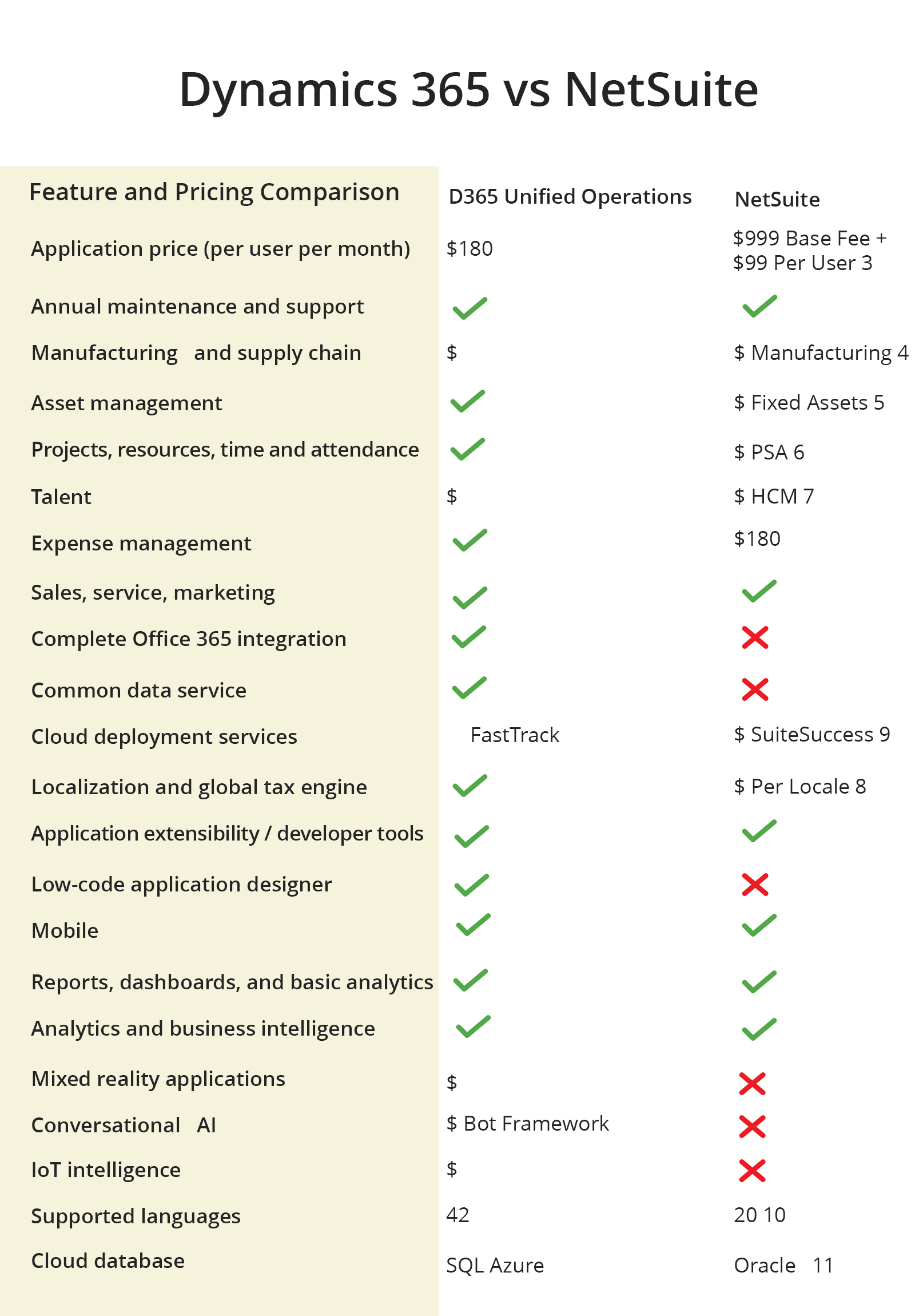
i.Infrastructure Architecture
Dynamics 365’s infrastructure is tightly integrated with Microsoft’s ecosystem, leveraging Azure cloud services and global data centres. This integration assures seamless interaction with other Microsoft apps and services.
It provides both cloud-based and on-premises deployment choices to meet a variety of business demands and regulatory requirements. One more advantage is the easy-to-learn infrastructure of Dynamics 365, which involves less time for new employee training.
NetSuite, on the other hand, is built on the Oracle Cloud, which provides an accurate and scalable platform with global data centres. While Dynamics 365’s deep interaction with Microsoft technology provides fast communication across various products, NetSuite’s integration capabilities with systems outside the Oracle ecosystem may be less straightforward.
Training new employees on NetSuite requires more time and effort, even involving exhaustive training sessions to familiarise users with the platform’s complexities. It causes challenges for businesses looking for an efficient onboarding process.ii Licensing and Cost
When we compare Dynamics 365 and NetSuite on the basis of their licensing, various aspects are taken into account, including licensing structure, cost, availability, contract and approach.
Dynamics 365 offers a very simple and flexible licensing structure with transparent pricing to make it easier for their customers. The solution is available both on-premises and online, offering the advantages of both implementations. Customers pay per user per month without separate functionality charges, allowing for monthly subscriptions with the ability to easily adjust the number of users as needed.
Customers can directly collaborate with Microsoft partners for both software licensing and services, making the licensing approach seamless. The maintenance cost is moderate to low in the long term due to the solution’s flexibility, easy partner availability, straightforward customisation, learning and integration processes.
In contrast, NetSuite’s licensing is only available online and tends to be more expensive, with costs varying based on company sizes and user count. The licensing structure is also complex, featuring multiple editions tailored to different organisational sizes and needs. Additionally, NetSuite’s licensing price varies depending on the deployment model chosen.
Customers are bound to annual contracts, which require upfront payment and do not allow for mid-term user reduction, making it more expensive initially. The approach is complex as the customers must choose between NetSuite’s direct sales and service teams, solution providers, or affiliated accounting agencies. The maintenance cost is moderate to high, necessitating dedicated support from NetSuite directly or through a partner and trained in-house resources.
iii. Implementation and Integration
The comparison analysis between Dynamics 365 and NetSuite is done based on the following factors:
Dynamics 365 employs an implementation methodology that is universally applicable across industries and ensures successful implementation tailored to individual customer requirements in a relatively short time of 2 to 6 months. It supports efficient implementation by streamlining processes and accommodating distinct business needs.
Dynamics 365 excels with its seamless integration capabilities, particularly with Microsoft products such as Office 365, Power BI, Dynamics 365 CRM, Power Apps, Flow, etc. This comprehensive integration capabilities boost productivity and efficiency through a cohesive ecosystem, seamlessly working with various tools.
In contrast, NetSuite offers different implementation methodologies, including direct sales and service teams tailored for accounting firms and traditional approaches through service providers. The implementation time frame for NetSuite varies depending on customer needs and the selected deployment approach, leading to a longer implementation duration compared to Dynamics 365.
Again, NetSuite has limited integration capabilities with external systems. While it offers some flexibility in its integration, the scope remains constrained, potentially limiting the system’s ability to adapt to the evolving needs of businesses compared to the growing integration possibilities offered by Dynamics 365.
iv. Partner Ecosystem
Partner Ecosystem plays the most important role in ensuring successful implementation and achieving high ROI. Therefore, the following comparison is done based on the partner ecosystem. Dynamics 365 has a significantly lower dependency on partners due to its user-friendly infrastructure and flexible technology provided by Microsoft.
The reduced dependency translates to lower maintenance costs for customers as they rely less on the partners for L1 support. Since Microsoft has a vast partner ecosystem, it ensures the availability of skilled resources at a relatively low cost to address any concern with Dynamics 365. It contributes to efficient customer support and maintenance cost reduction.
On the other hand, NetSuite has a very high dependency on partners or the NetSuite itself. This dependency causes higher maintenance costs for customers over the long run. Again, the limited availability of skilled resources among partners results in higher service costs because of the scarcity of experienced professionals.
v. Customer Base
Microsoft owns Dynamics 365, which benefits from the company’s wide reach and strong brand image, drawing customers all around the world. It has a strong customer base globally as it supports a wide range of industries, including manufacturing, retail, financial services, healthcare and the public sector, providing scalable solutions to both large and small businesses. NetSuite is owned by Oracle and benefits from the company’s enormous knowledge and resources in the business software sector. NetSuite also serves various industries with a global customer base.
Why Choose Dynamics 365?
Since both Dynamics 365 and NetSuite are two leading provider of ERP and CRM solutions in the market, their features and capabilities are quite similar to each other. So, to find out which solution best fits your business needs, it’s essential to analyse the solutions on the basis of their infrastructure, pricing, implementation, partner ecosystem etc.

1. Being a Microsoft product, Dynamics 365’s user interface is familiar to people who are already using Microsoft products. The user-friendly interface reduces the need for extensive training sessions, enabling them to quickly and effectively adopt the solution.
2. Dynamics 365 solutions offer scalability to accommodate the needs of growing businesses. Regular updates from Microsoft ensure Dynamics 365 features stay updated with the latest technology advancements to cater to evolving business requirements.
3. Handling the hosting, maintenance and updates in the cloud, Microsoft allows your internal team to work smoothly without the burden of AMC or hardware, licenses, data servers' maintenance costs and efforts. It eliminates the need for any resources (in-house experts) to maintain the system, resulting in substantial cost savings for the company.
4. Dynamics 365 provides a rapid implementation timeline with a flexible approach, seamlessly integrating with a variety of third-party solutions. It also delivers high flexibility and adaptability for customisation.
5. Dynamics 365 provides a more flexible and straightforward licensing model, ideal for businesses that require the ability to adjust user numbers and prefer monthly payments.
6. Dynamics 365 solutions are flexible enough to undergo customisation to cater to specific business requirements. Having said that, the solutions require minimal customisation due to their inherent advanced features and rich functionalities to satisfy unique business needs.
Conclusion
In this ever-evolving business landscape, business conditions are also continuously changing. To be on the top in this cut-throat competition, you need to have real-time visibility that will, in turn, empower you to have control across your entire business processes.
A robust business management solution with AI-enhanced cloud-based capabilities gives you the potential to unlock your business’s unconditional growth.However, a business management solution can only turn out to be beneficial for your business if it completely suits your business requirements.
To find out which solution accurately addresses your concerns in the already saturated market for ERP and CRM solutions, you must compare their various features and capabilities
Therefore, in this blog, we have picked up two of the best business management solutions in the market and tried to compare them on the basis of various factors to help you make an informed decision
FAQ
1.What is the difference between Dynamics 365 and NetSuite?
Both Dynamics 365 and NetSuite are cutting-edge business management solutions with various similar advanced features, yet they have distinct functionalities.As a Microsoft product, Dynamics 365 offers a user-friendly experience, making it ideal for businesses that are already familiar with Microsoft products. Also, Dynamics 365 seamlessly integrates with all Microsoft products, providing scalable ERP and CRM solutions with strong AI-driven insights.
Dynamics 365 serves both growing small and mid-sized businesses and large enterprises. NetSuite is built on Oracle cloud, and suitable for businesses requiring a seamless cloud experience.
The solution, which is entirely cloud-based from inception, offers a comprehensive ERP solution with strong e-commerce and CRM capabilities. Generally, rapidly growing mid-carpet companies who need a unified all-in-one solution favour NetSuite.
2.What do you need to know about Dynamics 365?
Dynamics 365 is a collection of smart business applications designed to enhance operational efficiency and deliver exceptional customer experiences. It consists of advanced ERP and CRM solutions that empower businesses to become more agile and simplify operations to provide a seamless business experience without incurring additional costs.
The platform enables businesses to centralise all the data to foster real-time connectivity across all departments, facilitating informed decision-making.
3.Does Microsoft Dynamics 365 integrate with NetSuite?
NetSuite and Dynamics 365 do not directly integrate. However, third-party solutions can bridge the gap and ease data interchange between the two platforms.
4.What is NetSuite? Is it suitable for large companies?
NetSuite is a suite of business applications that cover ERP, CRM, HR and e-commerce solutions, functioning on a shared database for real-time updates. The leading software company empowers rapidly growing organisations to streamline their operations and achieve enhanced efficiency and cost savings.
Through automation and integrated insights, NetSuite enables businesses of any size, industry, or location to improve their productivity and effectiveness. NetSuite is suitable for large organisations. As one of the leading business management application providers, Netsuite addresses global organisations' complex functional industry, regulatory, and tax requirements.

Dynamics 365 Implementation
Are you planning to implement Microsoft Dynamics 365 or experiencing troubles with your existing solution? If so, our experts are ready to address your challenge.
Disclaimer– “All data and information provided on this blog is for informational purposes only. Dynamics Square / MPG Business Information Systems Pvt. Ltd. makes no representations as to accuracy, completeness, currentness, suitability, or validity of any information on this site and will not be liable for any errors, omissions, or delays in this information or any losses, injuries, or damages arising from its display or use.”
Related Posts & Blogs
Contemporary businesses are changing at a rate of knots using innovative business solutions to stay afloat. Know more about industry trends, challenges and opportunities in detail after going through an array of exciting blogs.
Read the blogs penned by industry-experts who know the nerve of the business to start your digital transformation journey.
Dynamics 365 Business Central (formerly known as Dynamics Navision) is an all-in-one business solution. With...
Uncover the power of Dynamics 365 Customer Insights in crafting tailored customer journeys. Revolutionise your...
Upgrades have always been the way up towards betterment. With every upgrade Microsoft ensures boost in busines...

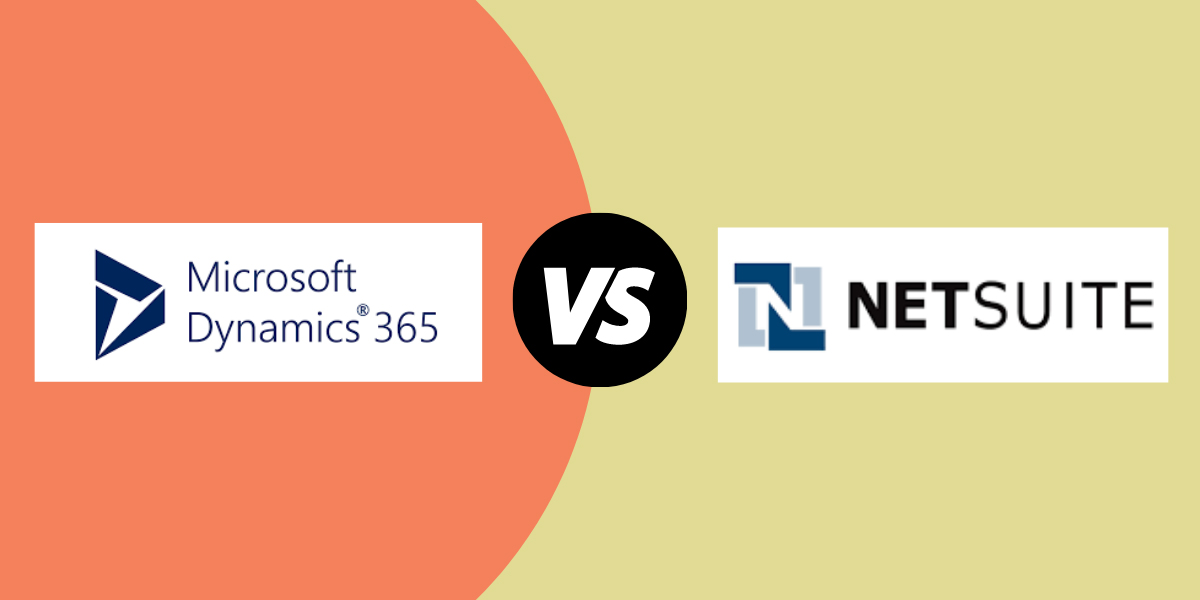
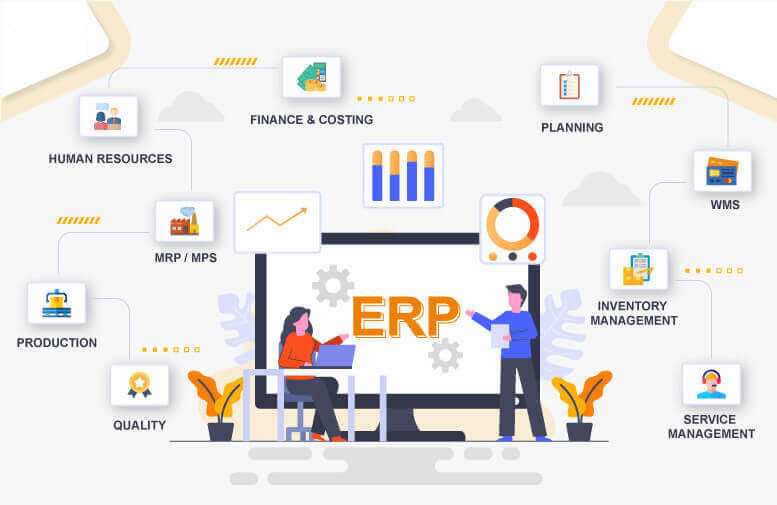
.webp)










